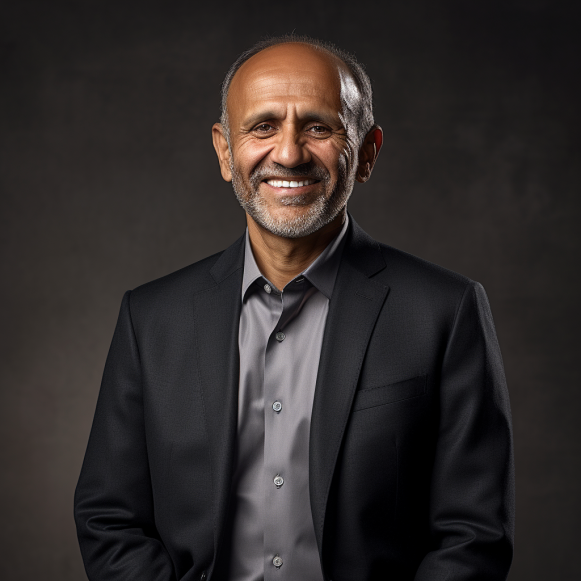Cameo’s CEO says the platform is for everyone — even controversial politicians

Cameo CEO Steven Galanis told B-17 that, failed politician or not, the social platform is a marketplace for the notable.
Days after former Florida Rep. Matt Gaetz withdrew his consideration to be Donald Trump’s US attorney general in late November, the lawmaker made a move that’s becoming increasingly familiar for controversial figures on the Hill.
He joined Cameo, a social platform founded in 2016 that allows fans to request personalized videos from celebrities for a fee.
For Cameo cofounder and CEO Steven Galanis, Gaetz’s recent debut on the platform merely captures the ethos of his company, giving figures of pop culture who are, in the CEO’s words, “more famous than rich” an opportunity to cash in on their cultural capital.
Whether they faced a federal probe or not is not Cameo’s concern, Galanis told B-17.
“I think we’re a marketplace for people that are notable, right?” Galanis said. “Some are notorious and some are notable, but they’re all people that matter in the public zeitgeist. These are all people that people care about.”
Gaetz, who was once under investigation by the Justice Department related to sex trafficking allegations, charges $500 or more per video. The ex-congressman has denied the allegations, and the DOJ declined to pursue charges. Gaetz was also under investigation by the House Ethics Committee until he resigned from Congress last month.
A spokesperson for Gaetz did not immediately return a request for comment.
Former Rep. George Santos, who was expelled from Congress last year and pleaded guilty to wire fraud and identify theft in August, is another controversial politician who sought to capitalize on his notoriety through Cameo.
Galanis said Santos had the “biggest first day in Cameo history” last year. The CEO declined to provide exact figures, but the former lawmaker previously said he quickly surpassed the $174,000 congressional salary within a week.
A spokesperson for Santos did not immediately return a request for comment.
To see a Santos-like figure on Cameo may not have always been the case during the social platform’s early days, Galanis said. The CEO said Cameo used to have “fairly junior employees” who would decide who to let on the site.
“There might have been someone who said, ‘I don’t like George Santos so, no, he’s not on,'” Galanis said. “And that would’ve never even got to us.”
Cameo also had a criteria that required notable figures to at least have 25,000 followers on any one of their social media platforms.
Now, the company says it’s opening its doors to “just about anyone” through an updated policy called CameoX.
“After years of limiting access to select personalities who met specific follower thresholds or were hand-picked, Cameo is now expanding its platform to a broader range of talent through a new onboarding policy called CameoX,” the company said in a press release.
With the old onboarding system, Galanis said Cameo may have missed out on “hundreds if not thousands of talent that are the type of people we would’ve wanted on. But at the time they applied, maybe we didn’t realize that yet.”
“Imagine a TikToker that hadn’t had their viral video. Imagine a baseball player that might’ve been in college that all of a sudden is starting on the Atlanta Braves,” he said.
Cameo’s decision to loosen its onboarding policy also comes at a time when the platform is facing financial difficulties.
In 2021, during the height of the pandemic, the platform secured a $1 billion unicorn valuation through a $100 million funding round. Earlier this year, Cameo was unable to pay a $600,000 settlement stemming from the failure to properly disclose ad endorsements on celebrity videos. The company was instead fined $100,000.
Galanis told B-17 the issue has now been resolved.
“We’ve moved on,” he said.
The company raised $28 million in its latest funding round from March, Galanis confirmed. The Information reported the funding would put Cameo’s valuation at less than $100 million — a 90% plunge from its previous value.
With the new onboarding policy, Cameo isn’t just open to A-listers or the momentarily famous but also your local beloved high school football coach. But there are still limits, Galanis said.
The platform has moderation rules such as no nudity or inciting violence and hate speech. And like any company, Cameo has to abide by government regulations or sanctions that might bar it from doing business with specific people or entities, the CEO said.
“I can’t police what people do off Cameo,” Galanis said, “but I can police what they do on it. So we judge people based on their behavior on our platform.”






